None in Three Newsletter Issue #8
March 2022
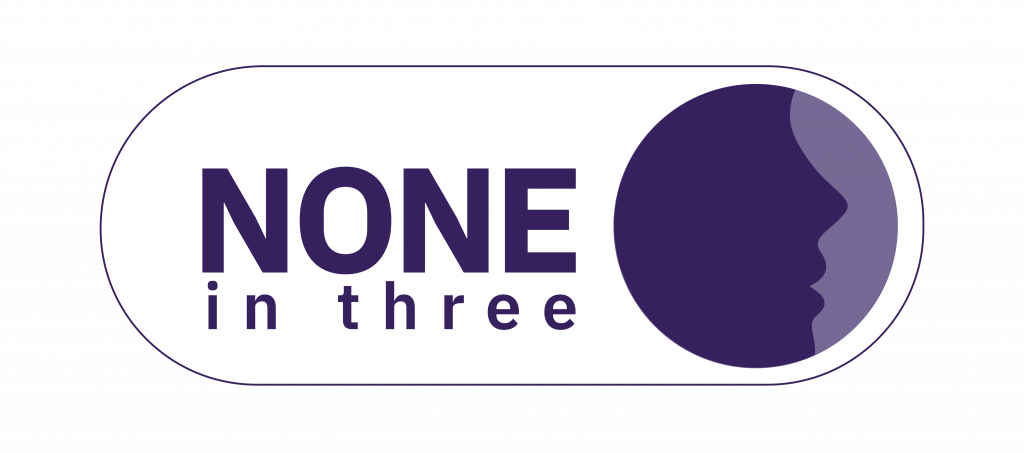
March 2022
None in Three (Ni3) is a global research centre for the prevention of gender-based violence (GBV).
The name None in Three comes from the statistic that one in three women around the world will experience some form of physical or sexual violence in their lifetime. We believe this is an unacceptable number; that any violence against women and girls is not OK, and we work to make that number NONE in three.
GBV is the term used to describe harm inflicted upon people that is connected to how their gender is understood within their culture. We research different forms of GBV and are developing interactive computer games as educational tools for young people, to be played in schools.
Through these games we aim to effect cultural change. We work to change attitudes and behaviours that relate to different types of GBV, including sexual abuse; adolescent dating violence; gender bias and its relationship to gender-based violence; and child marriage. We are passionate about making a difference. Through our work we are striving to change the behaviours and attitudes not only of individuals, but of governments too.
We seek to achieve real-world impact through our research. We want to persuade governments to listen to the facts about GBV, to accept the extent of the problem, to acknowledge how many women and girls are being abused, and to act in order to change this.
We welcome the support of like-minded organisations who share our commitment to preventing violence against women and girls.
If you would like your organisation to be listed on our website as a supporter of None in Three, please click here to complete a short online form registering your interest.
You can also get in touch by email on
noneinthree@hud.ac.uk
Welcome to the latest newsletter from the None in Three Research Centre for the Global Prevention of Gender-based Violence.
In this final issue of our Global Challenges Research Fund (GCRF) project period, we provide a round up of achievements and outputs from this four year project which ran from October 2017 to March 2022.
Our work with other partners including those in Brazil continues of course, and we highlight ongoing work and future plans here too.
Over the past four years our global team, based at institutions in India, Jamaica, Uganda, the UK and beyond, has worked tirelessly: to better understand different forms of gender-based violence (GBV); and to develop and test educational tools to prevent GBV.
Our international collaboration to conduct this work has been possible thanks to funding from the UK Government’s GCRF programme administered through UK Research and Innovation (UKRI), and also from the University of Huddersfield. But it’s also been thanks, in no small part, to you, our valued supporters and stakeholders.
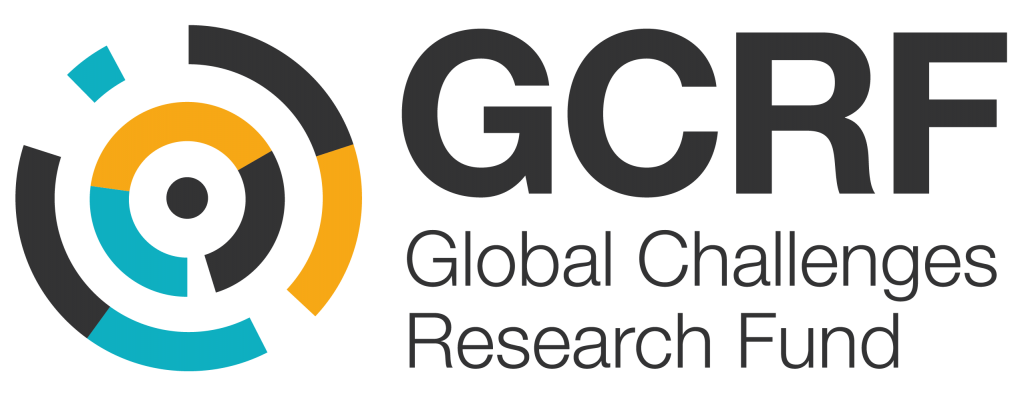

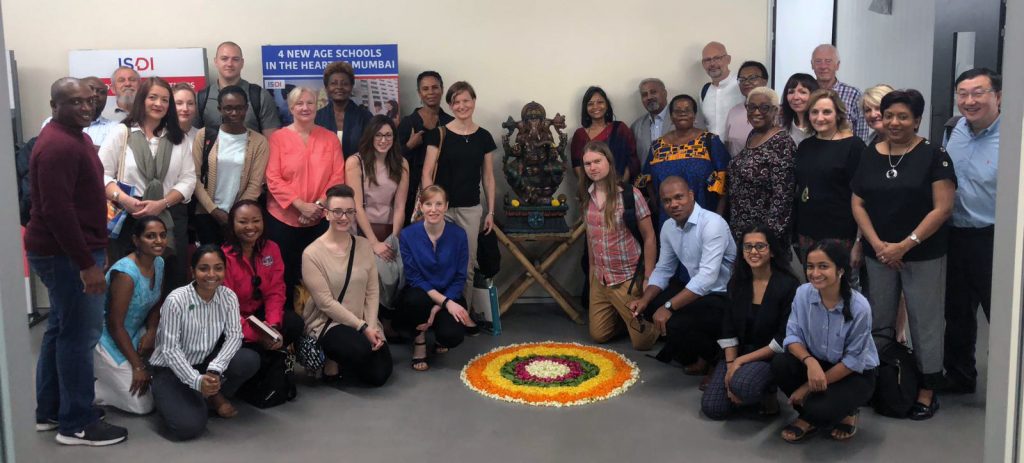
What a journey the past four years has been. Our eyes have been opened to the extent of the issue of gender-based violence in our countries, to its devastating consequences, but also to the commitment of individuals and organisations to changing this reality, to educating the young, to preventing violence, and to supporting victims and survivors.
Our project has of course had its challenges; researching this difficult topic has impacted our team immensely, and the ongoing effects of Covid-19 have meant that we have not been able to do everything we set out to do. Despite the challenging circumstances though, we’re proud to be able to share some of our achievements and outputs with you, and hope you will continue to support and further the cause of ending gender-based violence in our global society.
We conducted qualitative research with 345 participants across our four countries, including individual interviews with 154 women who had experienced the form of gender-based violence being studied in their country.
A reminder of our research themes:
Analysis of this data and associated reviews of the scholarly literature have generated new knowledge and recommendations for tackling gender-based violence.
Please read and share our reports on this research. Click on the links above/left to view the full reports, or click here to view the Executive Summaries.
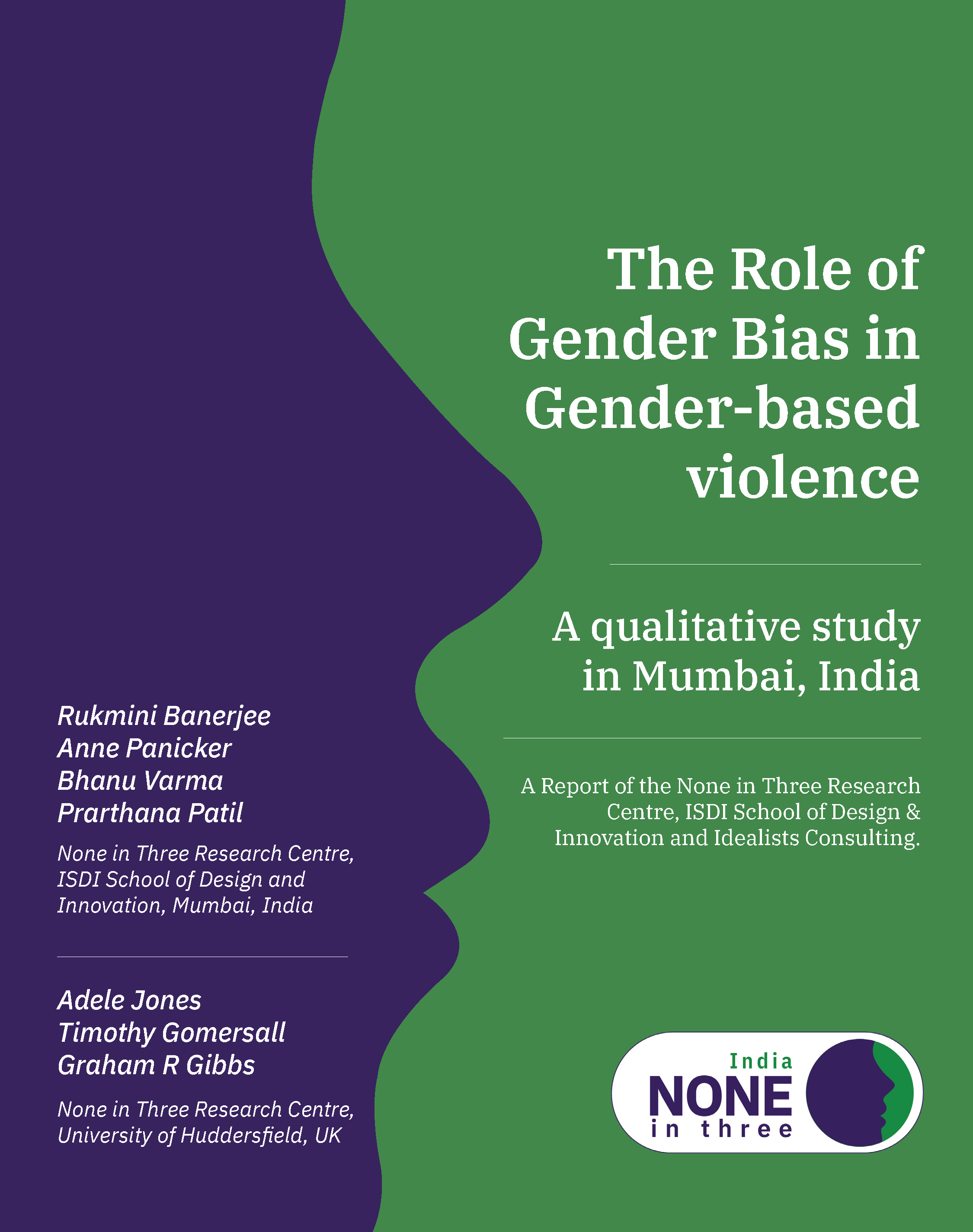
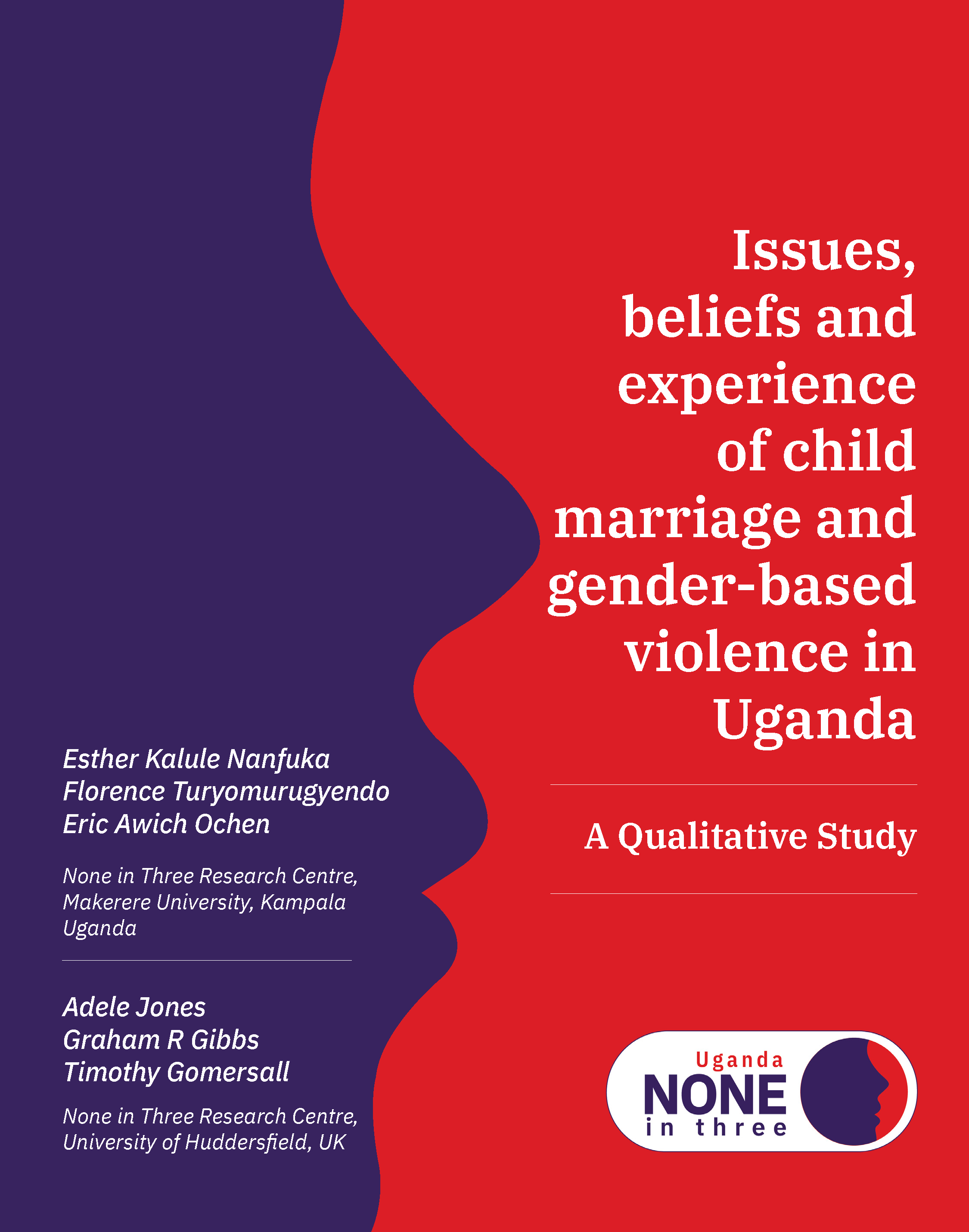
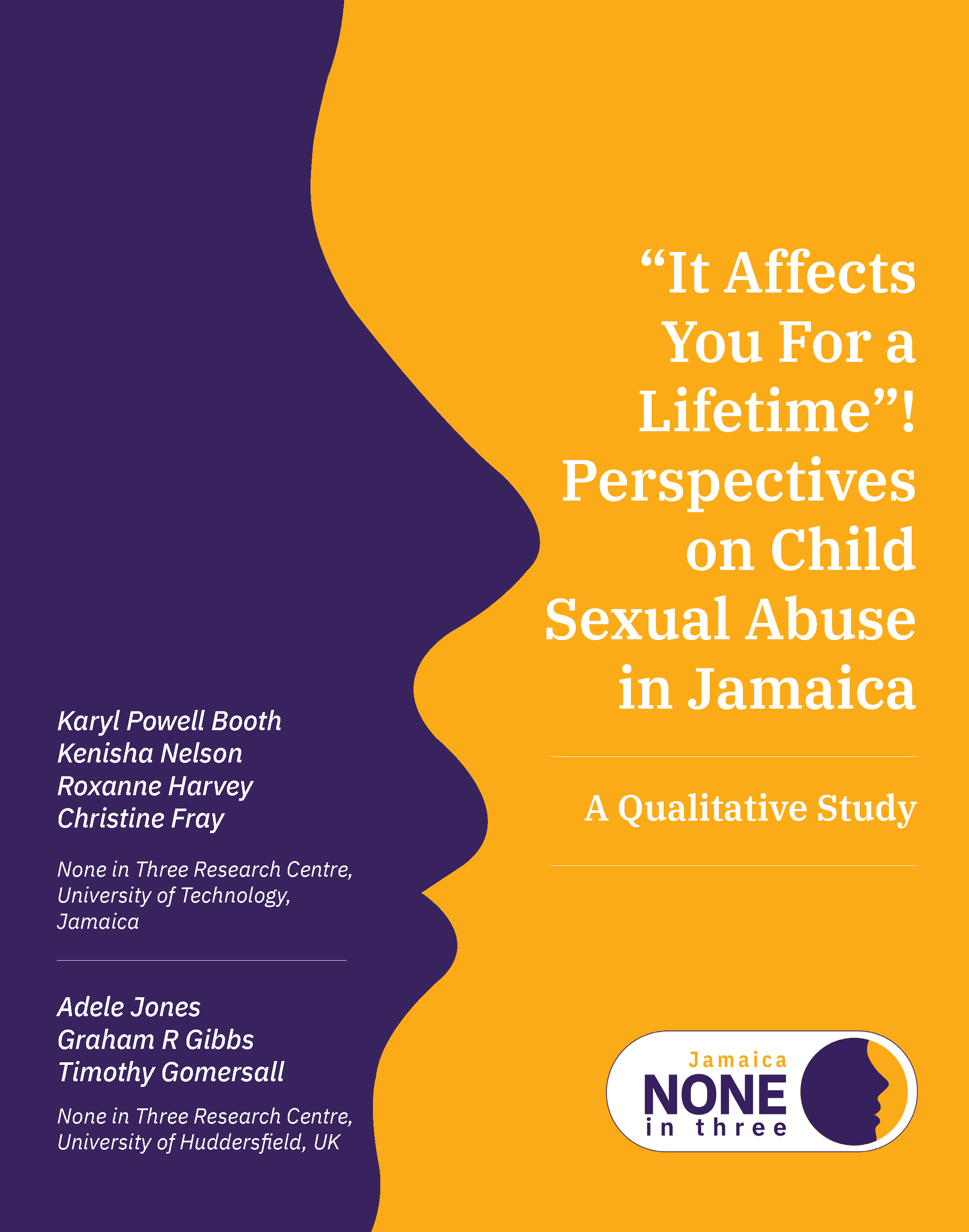
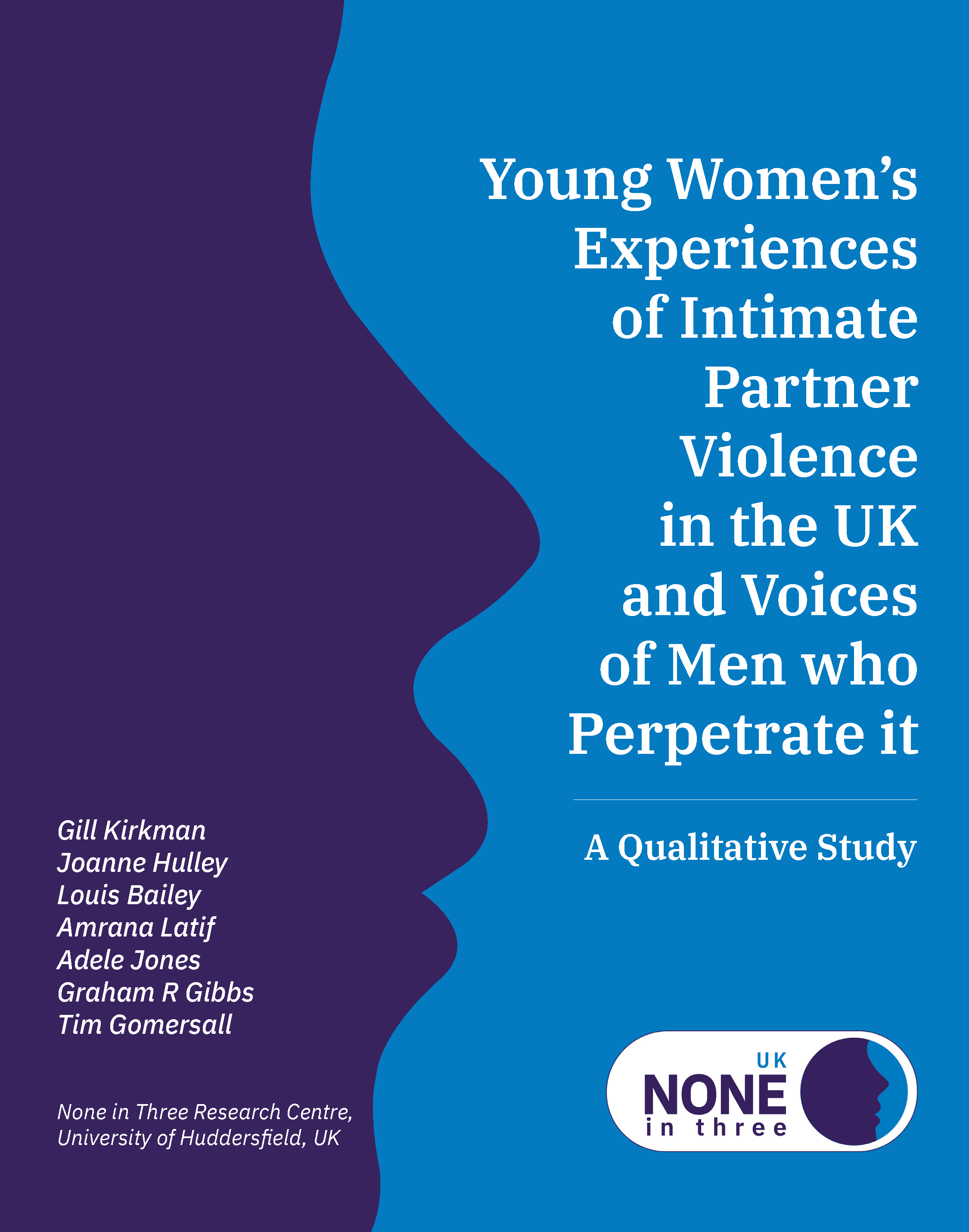
So far this strand of our project has generated two other academic journal articles (below), with several others in the pipeline. Keep an eye out for other publications emerging from our work online at www.noneinthree.org/latest-publications
Policy briefs have been generated as accessible, quick overviews of this research, its key findings and recommendations (see below).
We’ve produced four culturally appropriate, educational computer games:
‘Peace’ tackling child marriage and sexual coercion in Uganda; ‘Gabrielle’ tackling child sexual abuse in Jamaica; ‘Anju’ tackling gender bias and gender-based violence in India; and ‘Danielle’ tackling abuse in young people’s relationships in the UK.
These games are informed both by our research and by young people. Tailored specifically for children and adolescents in each of our study countries, our games aim to help them recognise harmful attitudes and behaviours related to gender-based violence, empower victims, and enable bystanders to respond appropriately. Through these research-informed educational tools we want to encourage healthy attitudes to gender equality, including respect and understanding of consent for example. Ultimately our games aim to help prevent future gender-based violence, through immersive, engaging educational experiences.
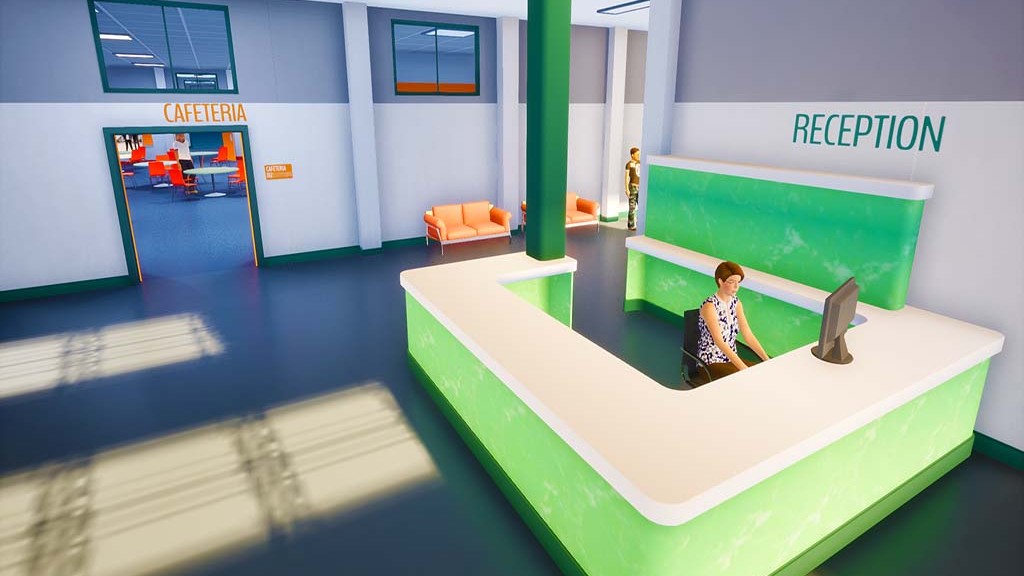
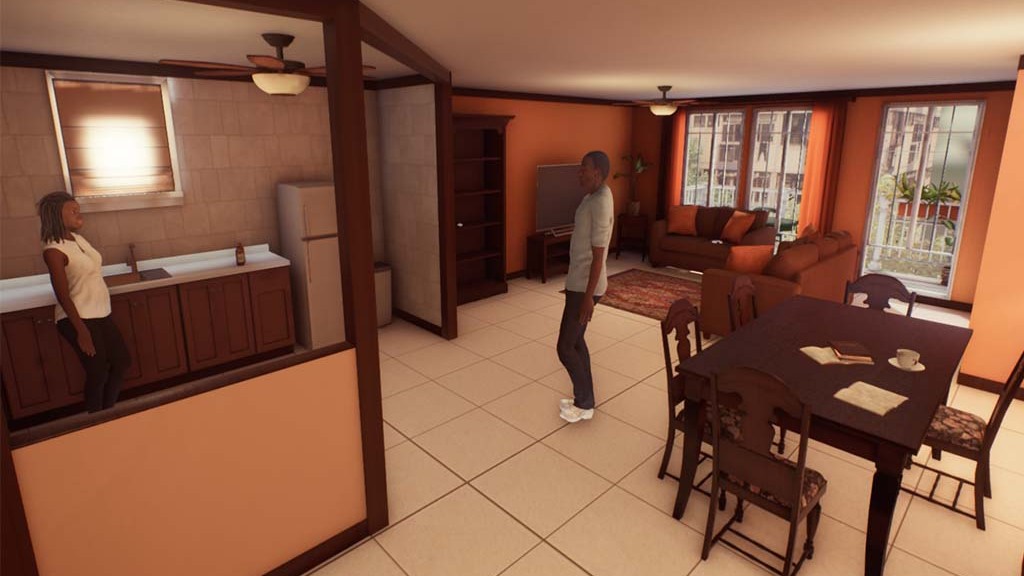
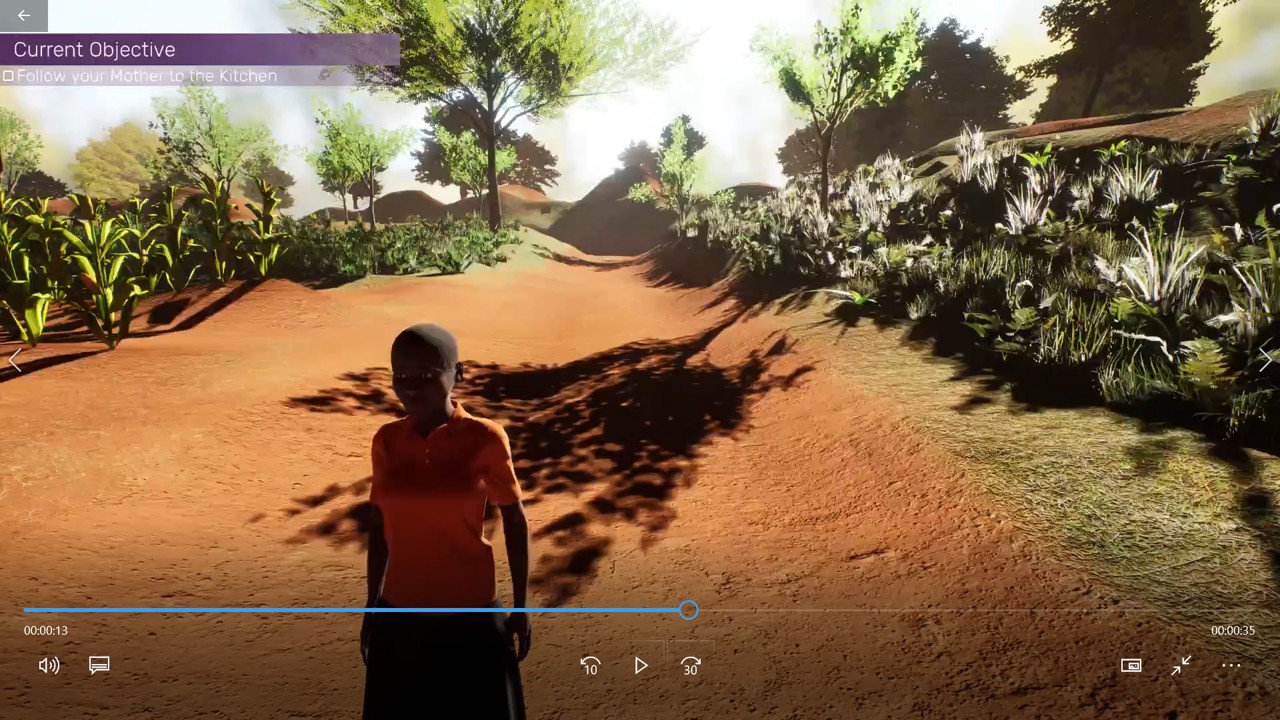

We surveyed 29,965 children aged 10-18 in schools across: Mumbai (India); Jamaica; the Northern and Central regions of Uganda; and the UK. The aim was to understand their experiences of and attitudes towards violence. The reports on our findings will be published soon – please keep an eye on www.noneinthree.org/latest-publications
Analysis of survey responses revealed worrying findings about high levels of suicide ideation and attempt amongst young people in all countries, but particularly in Uganda and Jamaica. While the findings did not reveal significant differences in perceived experiences of violence between boys and girls, we believe further research is needed to explore young people’s perceptions compared to objective information about the extent of violence in and outside of their homes. Nonetheless, having the insight into young people’s perceived exposure to different forms of violence has been revealing for us as researchers, and empowering for the young people themselves.
We were heartened for example to hear feedback from Ms Joice Dias, Former Principal of a Mumbai school, at the India team’s closing conference, about the positive impact mere participation in our survey had on the young people in her school. Giving children a voice, asking them to consider and reflect on their own experiences, which they may not have previously identified as gender bias, or as violence, had a noticeable influence on their confidence and openness in talking about themselves, their lives and their concerns. This demonstrates one of the reasons why research like ours must continue.

This strand of our work has generated three academic journal articles to date, again with others in the pipeline:
Against the odds, randomised controlled trials (RCTs) have now been conducted in Uganda and in the UK, to evaluate the effects of these two games on young players’ thoughts, feelings and attitudes towards the forms of gender-based violence depicted in the games. Alongside the RCTs the team conducted qualitative interviews based on the consolidated framework for implementation research (CFIR) methodology, to help understand the barriers and enablers to future wider scale roll out and take up of the games in educational settings.
The Uganda trial was conducted in four schools in and around Kampala in May to June 2021. 286 young people aged 14-18 took part. Analysis of the trials data suggests the game had a positive influence on the players’ attitudes towards gender equality and child marriage, as well as on their feelings of empowerment. The game was felt by school staff to be of potential future benefit and their feedback has been useful to inform future research and scale up planning.
The UK trial was conducted in seven schools across England from September 2021 to January 2022. 223 young people aged 13-15 took part. Analysis of the trials data suggests the game had a positive impact on players’ attitudes particularly around the use of mobile phones to inflict online sexual abuse and psychological abuse arising from the use of digital technologies. Some notable gender differences were also evident: girls displayed more gender equitable attitudes than boys prior to game play, with boys’ attitudes catching up with those of girls, after game play. As in the case of Uganda, teachers again felt the game had great potential for adoption in schools and we continue to gather fuller feedback to inform future plans.


Young people playing the game during UK trials
While all four of our new games are complete, Covid and associated school closures have made it impossible for us to run our planned clinical trials of the games in India and Jamaica, to evaluate their effectiveness and impacts on young people. For this reason we are not yet able to share these two games publicly, although you can get a flavour for them in the video trailers to the left.
We eagerly await the outcome of a funding proposal submitted to the Economic and Social Research Council in September 2021, which would, if successful, enable trials and further development of our India and Jamaica games into other formats.
Once the games have been evaluated, they will be published via www.noneinthree.org.
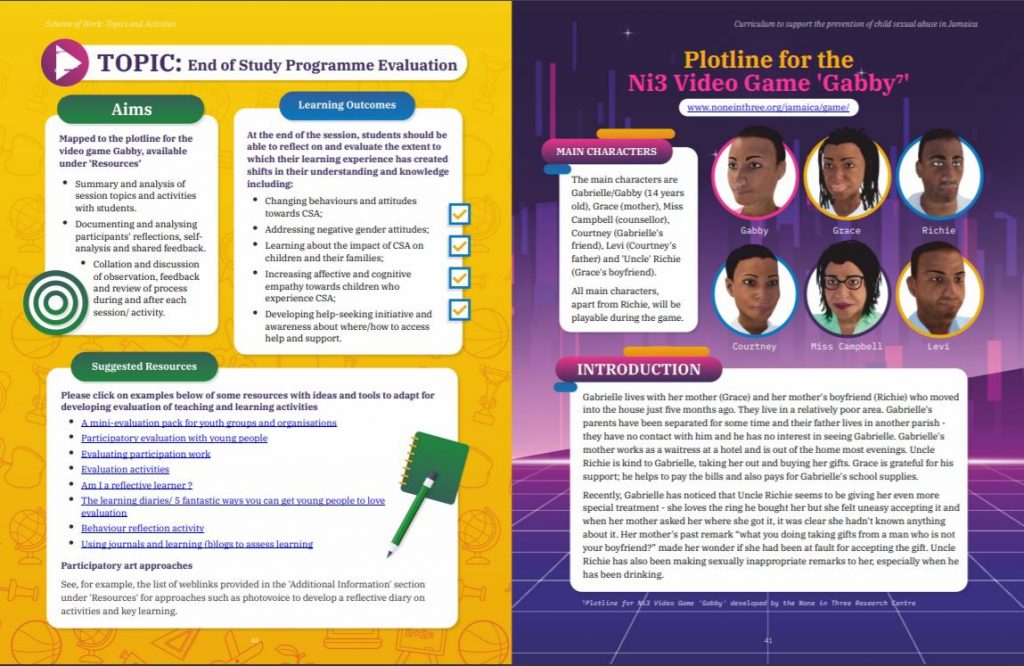
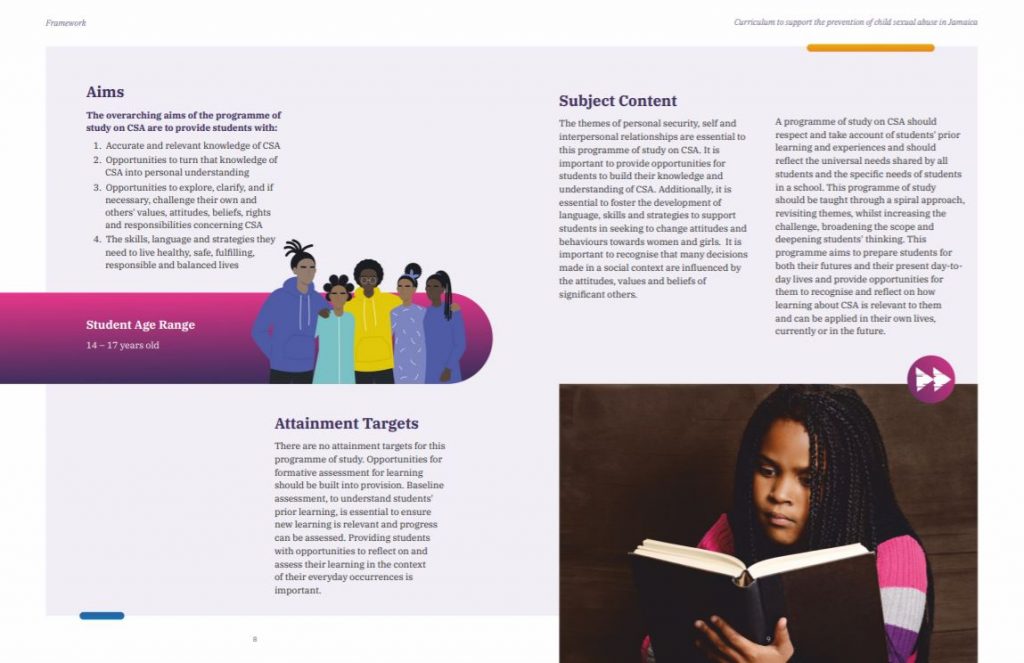
We’ve produced curriculum schemes of work to accompany each of our four games, also based on our research, as tailored resources for teachers in each country to use – with or without the games – to facilitate learning around gender-based violence, gender equality, understanding abuse and healthy relationships.
These have been pedagogically informed, and are published alongside the games for Uganda and the UK on the Ni3 website (accessible via the Uganda game and UK game pages).
We’d love to glean any feedback from educators using the schemes of work already published, and this can be submitted via a short online survey on the same page where the documents can be downloaded. Please check these out and share them with educators you know who may be interested.
Publication of the India and Jamaica schemes of work is embargoed until after the games for those countries have been evaluated through trials, so watch this space.
We’ve created an online policy hub for information about gender-based violence globally, and in each of our study countries. We’re also sharing here the recommendations emerging from our findings, as well as specific information in response to the ‘shadow pandemic’ of increased GBV in the context of Covid lockdowns.
Also available here are our policy briefs based on our research. These are short, accessible documents highlighting the extent of the issues, our key findings and practical recommendations for government and other stakeholders to improve outcomes for victims, whilst also working to prevent abuse from happening in the first place.
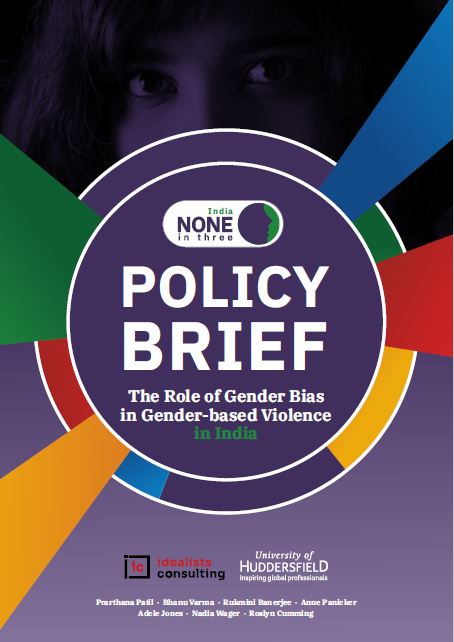
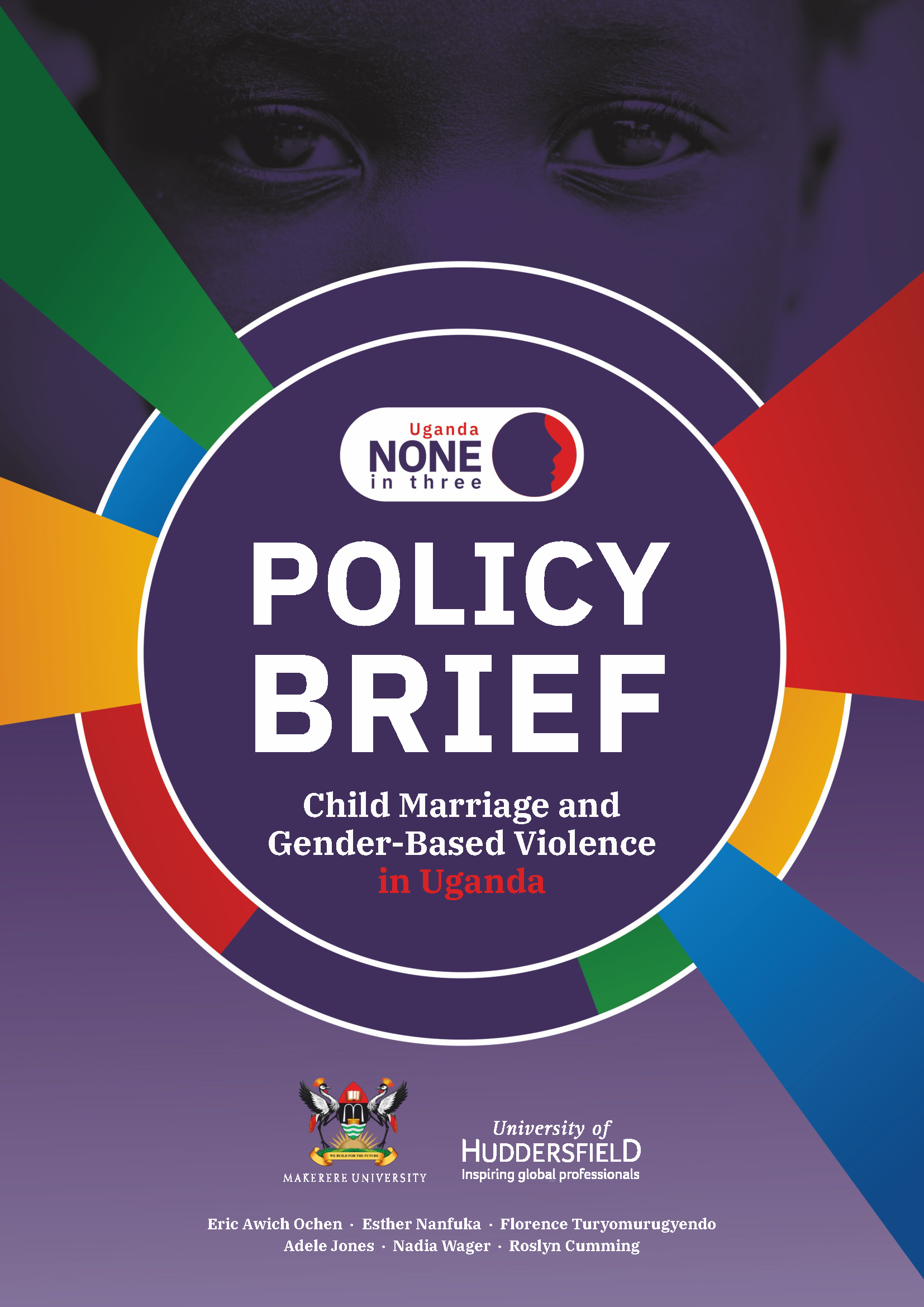
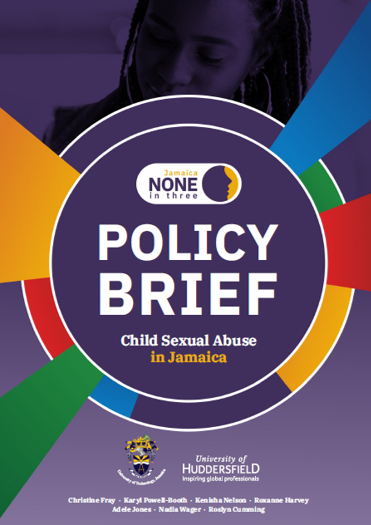
Sharing our work in progress and our findings with stakeholders and the general public has underpinned our work throughout this project. This is evidenced in part through the 170 short films (and counting!) we’ve produced, based on our work across these past four years, which have been viewed more than 120,000 times across our channels to date.
The Ni3 team has presented research findings to a range of national and international academic conferences, workshops and webinars, as well as running our own international events and public engagement activities.
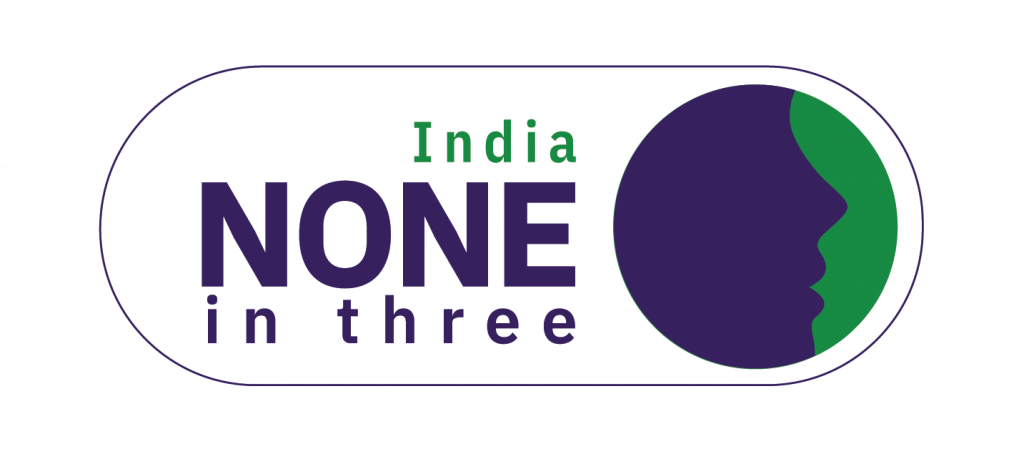
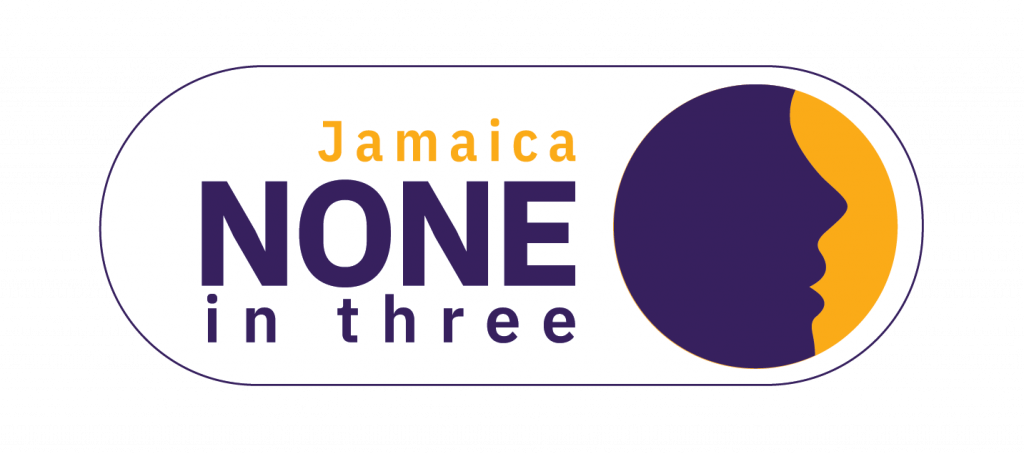
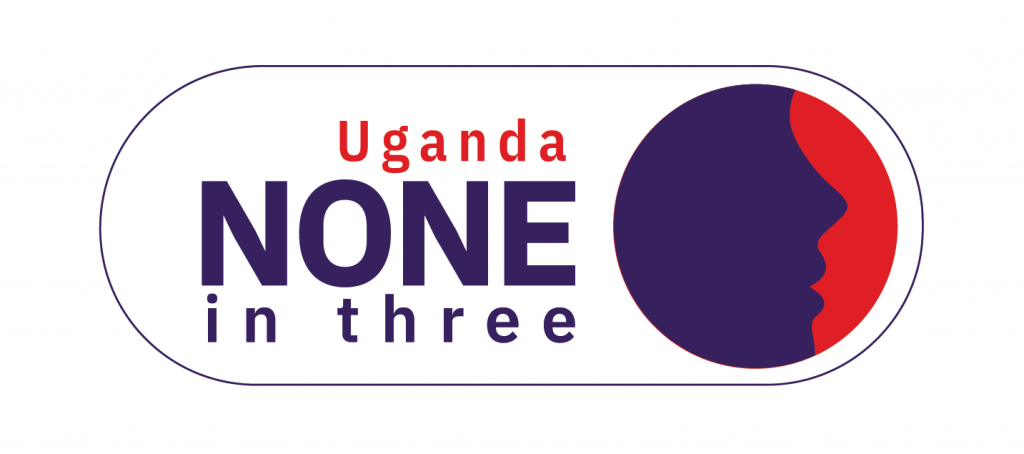
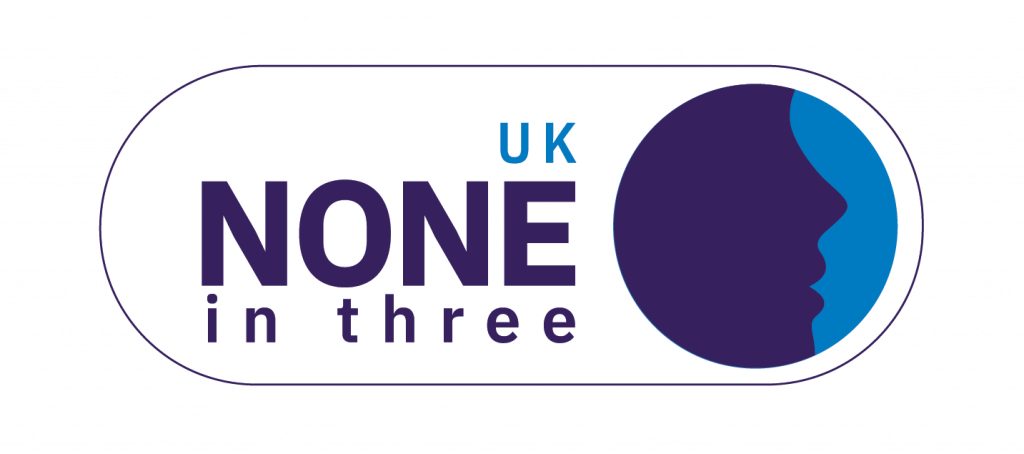
From the country team that fulfilled the role of Design Hub for the centre, developing our eyecatching and professional logos and visual branding, we also saw a fantastic closing conference in September, bringing together key stakeholders from Maharashtra and beyond to reflect on the achievements from the work carried out by the project in India. A recording is online in case you missed it. Do also check out the fantastic retrospective film produced by the young, creative team members, and the other resources on the India country pages.
The team achieved some great coverage for the project in Jamaica, through engagement with regional TV news and establishment of relationships with local stakeholders. They also presented project findings at the University of the West Indies conference on Gender Dimensions of Violence Prevention during 2021, and have worked with a medical practitioner and musician to develop a music video based around their research, aimed at calling out and preventing child sexual abuse – watch this space for this creative output from the team!
The team hit the road during the final months of 2021, conducting a series of dissemination workshops in each of the regions where they had conducted their field work earlier in the project. These workshops brought together interested stakeholders in each location, to hear about findings from the research and trials of the video game, and implications for communities and educators going forward.
The young members of the team also saw success in the ‘East Africa I Deserve’ film competition, with their entry achieving top 3 status in Uganda.
The UK team hosted more than 100 delegates including educators, policy makers and other professionals, at its closing conference and second online policy forum on 24th March 2022.
Fantastic engagement was seen from a range of stakeholders with professional interest in violence prevention through the public lecture led by Gill Kirkman and the team’s first online policy forum, both early in 2020. At the most recent event we were thrilled to share the impact the game has had on young players in the trials.

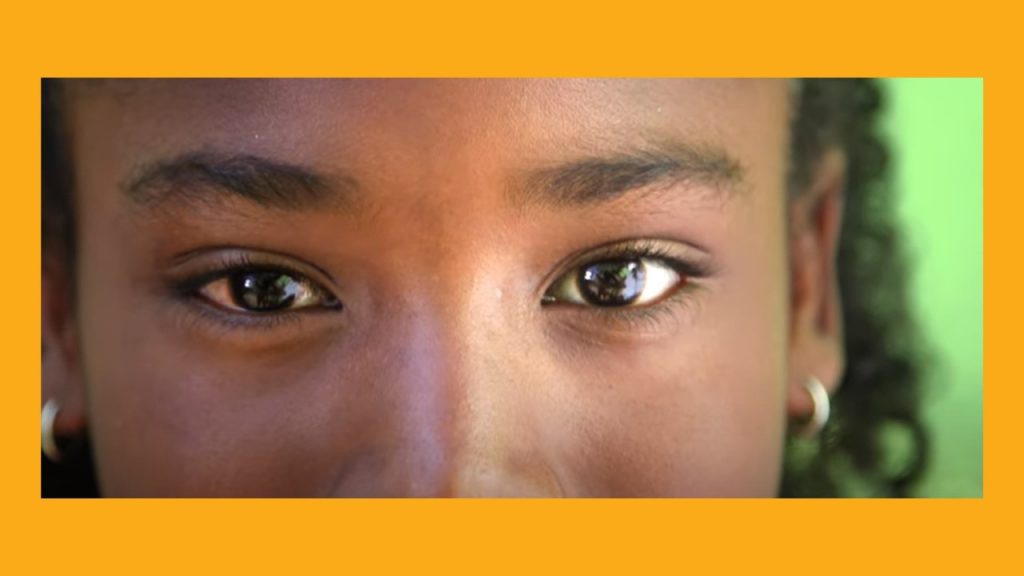
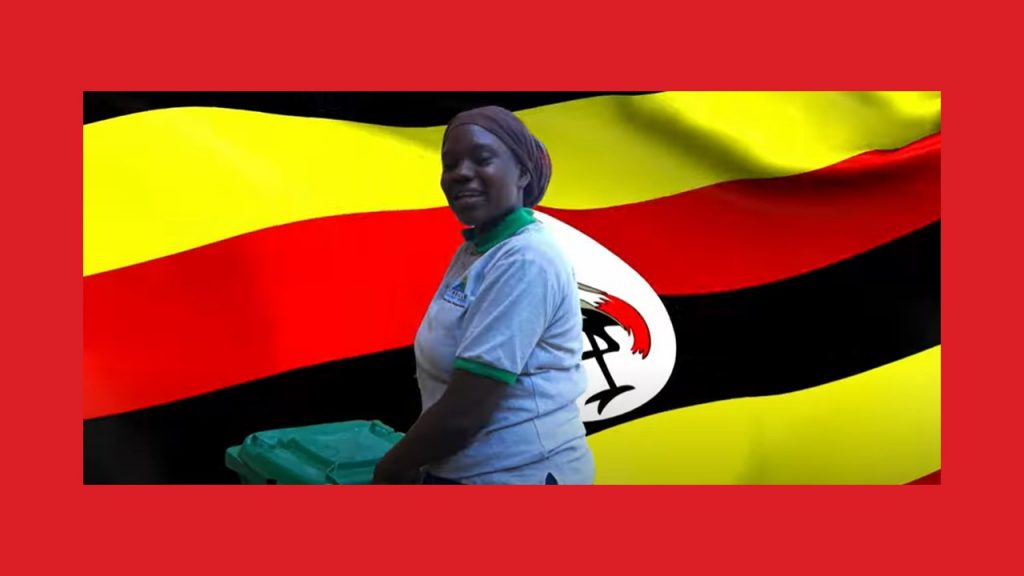
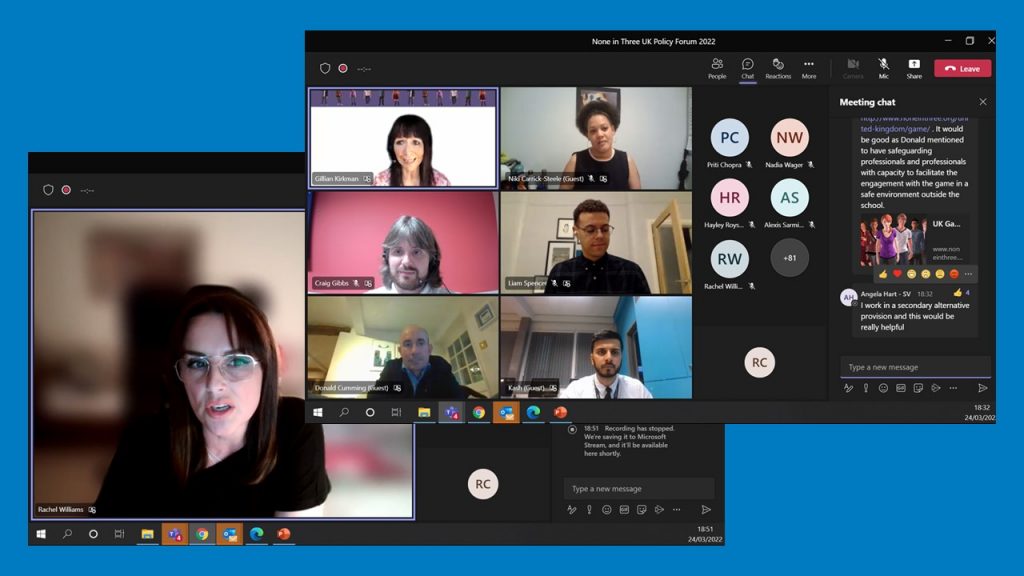
Of course we have also run global engagement events including the Play. Talk. Change. conference in June 2021, which brought together young activists and those with an interest in prosocial game development to share ideas on using games for good, and our international online Ni3 conference in September, which enabled global networking and sharing of progress and findings from our GCRF project to date.
Other conference presentations, academic publications, reports, briefings, as well as further public and stakeholder engagement activities are all highlighted on our hub for impact, dissemination & engagement activities, the IDEA.
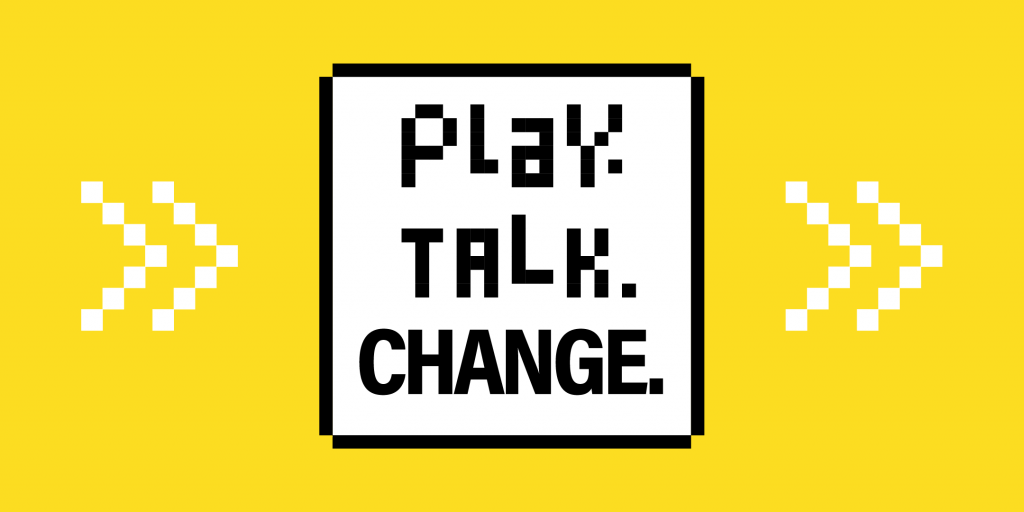
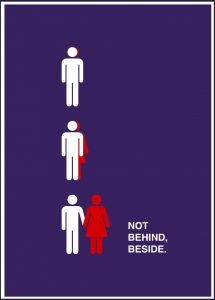
We’ve consistently shared public engagement information and updates via weekly posts on social media throughout the project. Since handing over ownership of the country-specific Ni3 Facebook pages to country teams themselves in October 2021, we have continued to share approx. 30 posts per month on each of the global Ni3 profiles (Facebook, Instagram, Twitter & LinkedIn), resulting in more than 100 posts across our channels each month, reaching more than 11,700 followers, and achieving an average of 24,418 impressions and 1009 engagements with our posts each month.
Please do continue to follow us on social media as we carry out the ongoing work of Ni3!
While this is the end of a chapter, it’s not the end of the friendships and professional connections we’ve forged throughout the four years of this incredible project. We continue to look for funding opportunities that would permit us to further our existing collaborations and deepen the impact of our work.
We have also submitted a number of grant applications over recent months, which if successful, will enable new partners (both in the UK and internationally) to join the Ni3 family and thus build our momentum to affect positive change in our fight against gender-based violence. In the mean time, our Ni3 Brazil project, supported by UNICEF’s End Violence fund, is ongoing – keep an eye out for updates as this work progresses!
We thank you so much for all you’ve done so far; please do read, share and where possible, act on our findings and recommendations (as summarised in our policy briefs above), for the sake of our young people’s futures.
Visit our online hub for Impact Dissemination and Engagement Activities (the IDEA) related to None in Three’s research, including latest news, publications, video and social media content.
If your organisation may be willing to provide financial or in-kind support for getting our anti-violence computer games into schools, e.g. through the provision of laptops, please contact us.